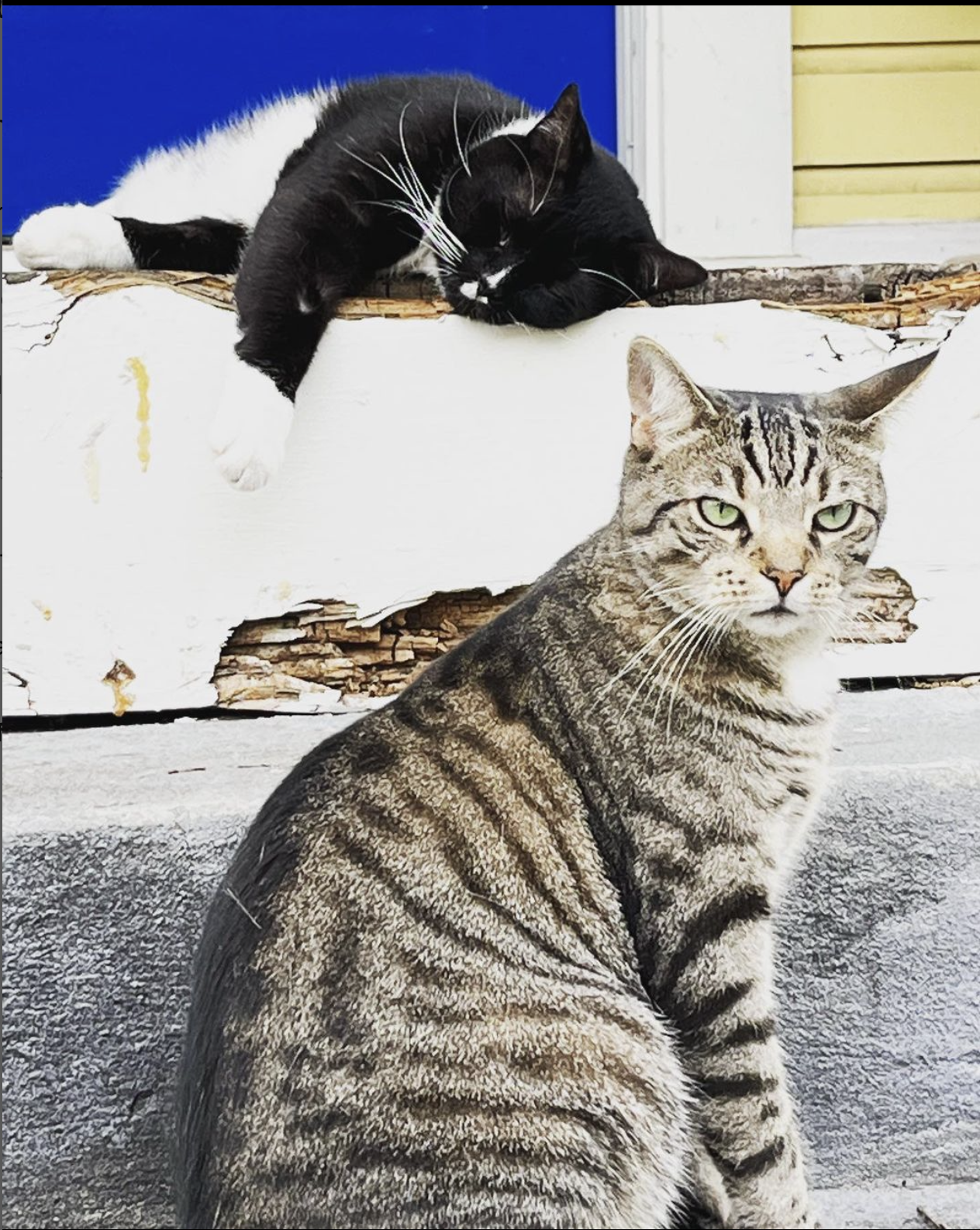
Some ideas for you
On Care Work
Writing is a process, engaged in by real people with real care needs that often compete with our perfect plans, and can even subsume them. That is also what being human is, whether we like it or not.
Conventions Matter
Conventions aren’t just rules or expectations that limit you. They can also be tools to help you.
Readers 1, Readers 2, Readers All
You want your stuff to be read. And people want to read it. Reader reports are key to making this happen, even when it’s hard to keep that in mind.
Toolkit: Writing Workflow Management
Here are 5 tips for breaking up your looming work into workable workflow. And one exercise to try if the list doesn’t do it for you.
Rest and Retreat
For your sake and the sake of the people around you and people in general, maybe put that writing down and do something else, or even do nothing, at home or away?
Know When to Stop
You need to stop writing, if you ever want it out in the world or don’t want to damage your writing by overworking it. But how do you know when and what do you do?
Toolkit: Resources for Revision
In the spirit of revision season (otherwise known as summer), here are a few of my favorite resources for ways to approach your revisions — from the large to the small!
Someone to Talk To
Conversation, like writing, is a practice, one we are generally more practiced in. So let’s talk about it!
Sometimes I Say No
Sometimes I tell my authors not to publish. To let a project — or a main element of it — go. And that can be the best thing for everyone, scholar-author, readers, and all.
Toolkit: Balance and Book Charts
One easy way to get a sense of what is happening in your manuscript — article, grant, talk, book — is to visualize it. How about using a chart?
When Your Reader Is Impatient
I’m going to be honest here: I’m an impatient reader. I want to keep reading, so how can you make that as easy as possible for me?
On Capitalism-ing as an Anti-capitalist
How do you navigate when your values and the practical imperatives of life don’t align? For many of us in late capitalism, this is a very real and pressing concern, underlying our lives. And it’s definitely a main struggle for me.
Toolkit: May I Introduce You
The introduction does the most complicated work of the whole volume, and it does it as simply, clearly, engagingly, and logically as possible. But how do you figure that out?
Gathering Your Audience
Determining your audience is part of articulating your hopes for your book. Who do you want to read this book? Who are you writing to? And why?
No, It’s Not Trash (Probably)
But is your writing trash? Here’s how to find out (and move forward).
Toolkit: Finding the Fun
We’ve all got that one, weird, interesting thing that made our brains perk up forever ago and start thinking, or perhaps that made everything suddenly clear, if only for a moment. That’s the cool thing, the fun, and it’s a powerful place to start from.
What’s Your Story? (Part 2)
Every book — every piece of writing — every intellectual project — tells a story. What’s yours?
What’s Your Story? (Part 1)
What is the story you’re telling yourself about your project? What is the story that your manuscript is telling others?
Why Use Words?
When people ask me what a scholarly development editor does, I often say that I help people figure out what they’re thinking and how to write it down.



















